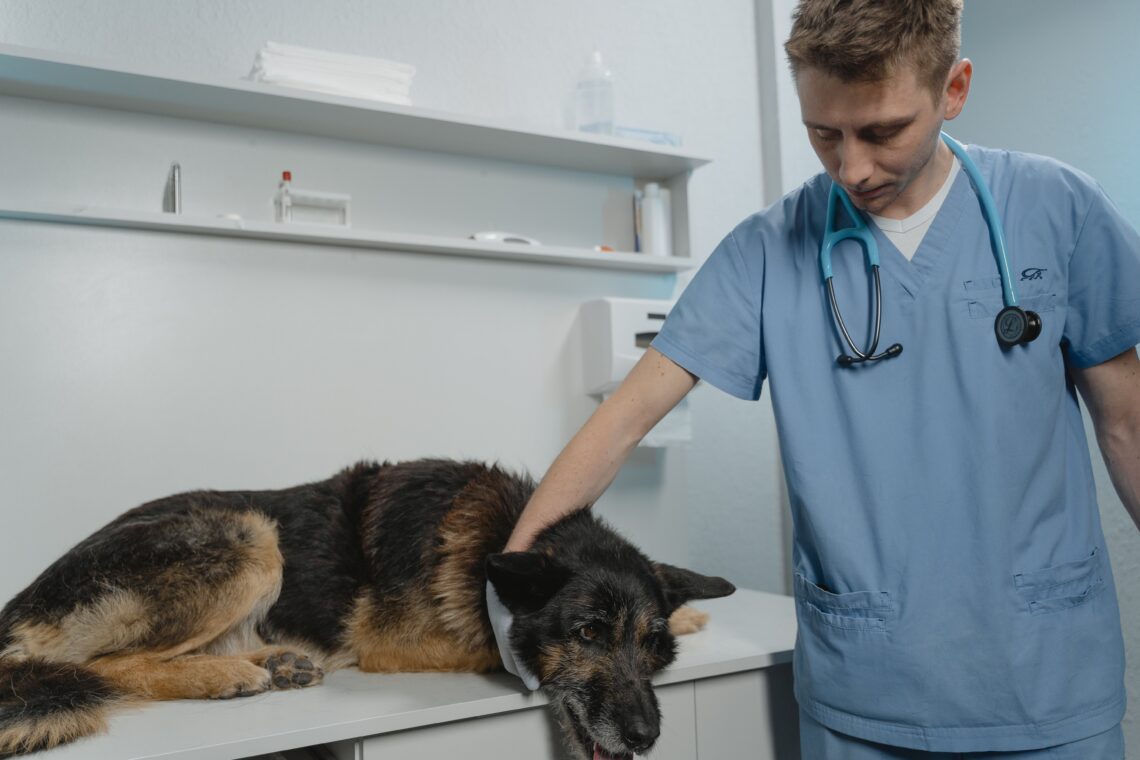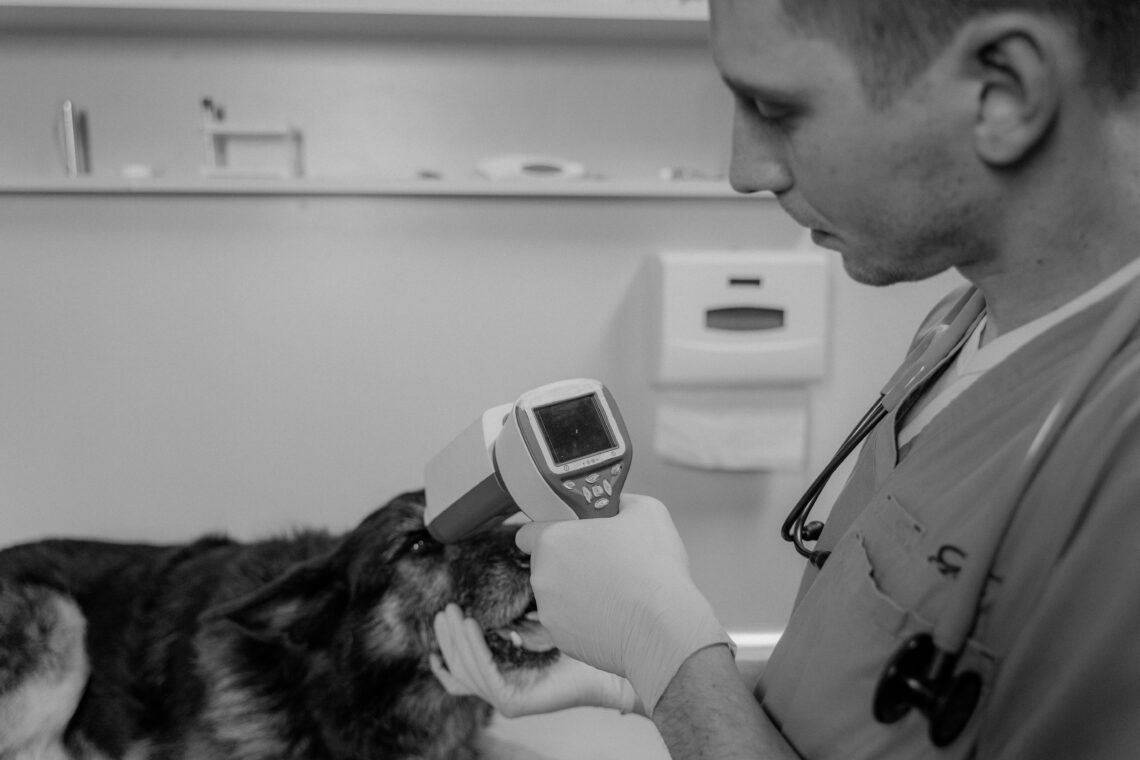-
8 Basic Questions about Deworming & Solutions: Deworming of Pets (Cats and Dogs)
What is deworming? The phrase “deworming” refers to the process of removing parasitic worms, including roundworms, hookworms, tapeworms, whipworms, and heartworms, from dogs and cats using anthelmintic medications. Why deworming is essential? For young pups and new dogs being brought into a home, deworming is crucial for getting rid of internal parasites. Dogs are particularly vulnerable to the health risks posed by parasites, and some parasite species can even spread to human family members. How frequently should your cat and dog be dewormed? Until they are 12 weeks old, pups should generally get deworming every 2 to 4 weeks. After that, until they are six months old, they should get…
-
9 Basic Tips To Care Your Pet In Winter (cold)
It’s crucial to protect your pet throughout the winter months to make sure they stay safe and healthy. The following advice can help you keep your pet warm and secure in the winter: Reduce outside exposure Try not to let your pet go outside for extended periods of time in really cold weather. Similar to us, pets can get frostbite and hypothermia. Limit your time spent outside and pay close attention to your pet. Shelter requirement in winter If your pet remains outside, make sure they have a warm, dry shelter that shields them from the elements like wind, rain, and snow. The shelter has to be raised off the…
-
Canine Distemper: How can prevent your dog (Signs & Treatment)
A highly infectious viral disease that affects domestic dogs as well as other animals including raccoons, ferrets, and skunks is called distemper. It is a multi-systemic (affecting several organs) disease that affects the central nervous system, gastrointestinal tract, and respiratory system. It is incurable and frequently deadly. The canine distemper virus (CDV) is the cause of distemper. Canine distemper is a concern to every dog. Puppies under four months old and dogs that have not had the canine distemper vaccination are among the most vulnerable. Spread of Canine Distemper: Direct contact between a vulnerable dog and an infected dog exhibiting symptoms is the primary method of disease transmission in dogs.…
-
Infectious Canine Hepatitis: Signs, Diagnosis, Vaccination, and Treatment
One of your dog’s essential immunizations is against infectious canine hepatitis (ICH). Due to extensive canine vaccination campaigns, ICH is now uncommon, although unvaccinated pups and adult dogs remain susceptible to this potentially fatal illness. Dogs that recover from ICH may also have chronic renal and ocular issues. Liver inflammation is the definition of hepatitis. Infectious canine hepatitis (ICH) is a particular illness that arises from a viral infection caused by an adenovirus. The ICH virus is not harmful to humans, however it can infect otters, bears, and other members of the canine family, such as foxes. Spread of Infectious Canine Hepatitis: Canine adenovirus 1 (CAV-1) is the source of…




